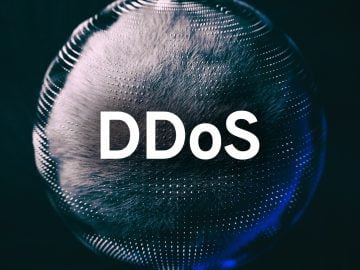As we reflect on the cybersecurity landscape and the trajectories of threat vectors, it’s evident that we’re on the cusp of a paradigm shift in cloud security. Businesses and cybersecurity professionals must stay abreast of these changes, adapting their strategies to ensure a robust, effective, and resilient security posture.
Amidst rising cybersecurity challenges, SMBs and enterprises must navigate cloud security with the expectation that the following will occur:
IAM hacks
The attacks against platforms like Okta underscore the complexities of identity and access management (IAM) in a cloud-dominated era. The cloud is just one flat network. Companies must prioritize understanding IAM intricacies to ensure a robust security posture. It’s a reminder that even with advancements in cloud security, fundamental principles like IAM can’t be overlooked.
Persistent threats and repeat attacks on tokens
The issues faced by Okta highlighted a worrying trend: repeated attacks aimed at stealing access tokens. These incidents underscore the value attackers place on these tokens and raises questions about how companies safeguard these crucial access points.
Attackers adapt as organizations adopt cloud-first approach
Businesses will continue mass migrating to cloud platforms, and cybercriminals will follow suit. 2024 will see an increase in sophisticated cyberattacks targeting cloud infrastructure. Specifically, we anticipate seeing attackers more frequently targeting newer cloud technologies such as container-based and serverless resources.
Data will continue to be recognized as an invaluable asset of the utmost importance; in tandem, attackers will shift tactics to adapt as businesses move towards a cloud-first approach. Their primary motivation is the amount of sensitive data they can obtain from successful breaches
Lack of cloud logging continues & expensive logs
In the upcoming year, we expect more controversy over the lack of detection and investigation available to respond to high-profile state-sponsored cyberattacks. Organizations will likely pay substantial sums to Microsoft for access to those logs. Their importance was demonstrated in past incidents, and we expect cyber adversaries to exploit similar vulnerabilities, compelling organizations to invest more in their cybersecurity defenses.
The importance of comprehensive and accessible logs cannot be overstated. In 2024, there will be a stronger push towards affordable logging solutions that do not compromise depth or detail.
Cyber skills gap
The persistent talent shortage in cybersecurity will remain a focal concern. Addressing this gap requires a multipronged approach, emphasizing training, education, and fostering global partnerships to develop the next generation of cyber professionals.
Preparing for a secure future
The message for the 2024 is clear: it’s paramount for businesses and cloud providers to remain vigilant, agile, and proactive in our approach to cloud security as the cybersecurity landscape is set to undergo significant transformations. The cloud may be the future, but we must ensure the future is secure.




